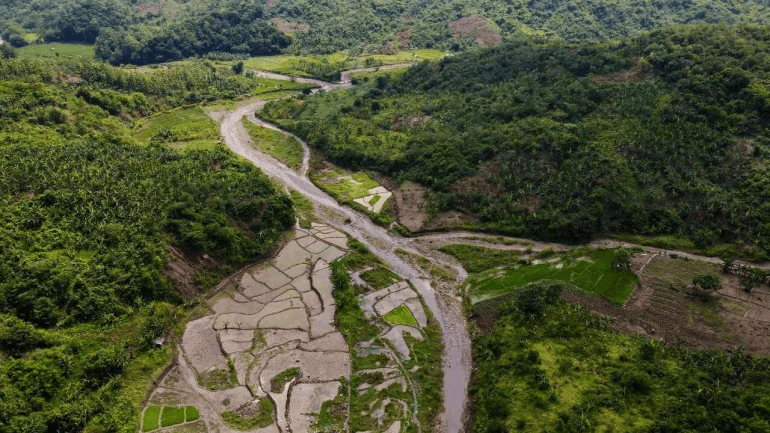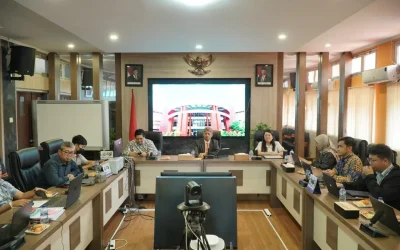A recent study published under the title “Deliberative Governance Principles in Forest Areas Management with Special Purposes” highlights the importance of applying deliberative governance principles in managing forest areas with specific purposes. This research focuses on the management of the Wanadipa Forest Area with Special Purposes (KHDTK) at Universitas Diponegoro. Despite adopting a deliberative approach, forest management still faces challenges in achieving its desired outcomes.
Wanadipa Forest serves not only as a conservation area but also as a center for education, research, and development. Nevertheless, one of the main challenges it encounters is the involvement of the surrounding community in forest management. The research findings show that while efforts have been made to engage the community through public consultations, their participation in decision-making remains suboptimal.
The study utilized a mixed-method approach, incorporating both qualitative and quantitative methods. The qualitative aspect involved interviews with key informants, while the quantitative aspect consisted of surveys targeting forest farmers living around the KHDTK area. The analysis primarily focused on three key criteria of deliberative governance: representation, participation, and the deliberation process.
The study’s results indicate that these three aspects still require improvement. “The management of KHDTK in terms of representation, participation, and deliberation has not been optimally implemented,” stated the lead author of the journal. The recommendations drawn from the study emphasize the need for more intensive and open communication between KHDTK managers and the surrounding community, particularly the farmers who interact directly with the forest area.
The deliberative governance principles discussed in this study are rooted in democratic theory, which stresses the importance of active public involvement in decision-making processes. In the context of forest management, this is crucial because successful management depends not only on internal policies but also on the support and participation of the local community.
With these findings, it is hoped that there will be an increase in synergy between KHDTK managers and the local community, ultimately leading to greater benefits for both sustainable forest management and the welfare of the community.
Source:
Kismartini, K., Warsono, H., Hidayat, J. W., Pujiyono, B., Yusuf, I. M., & Huda, M. N. (2024). Deliberative Governance Principles in Forest Areas Management with Special Purposes. Policy & Governance Review, 8(2), 154-168.
Author Information:
Dr. Dra. Kismartini, M.Si., is a lecturer at the Department of Public Administration, Universitas Diponegoro, with a Ph.D. background from Universitas Diponegoro.
Contributor:
Wulan Safitri





0 Comments